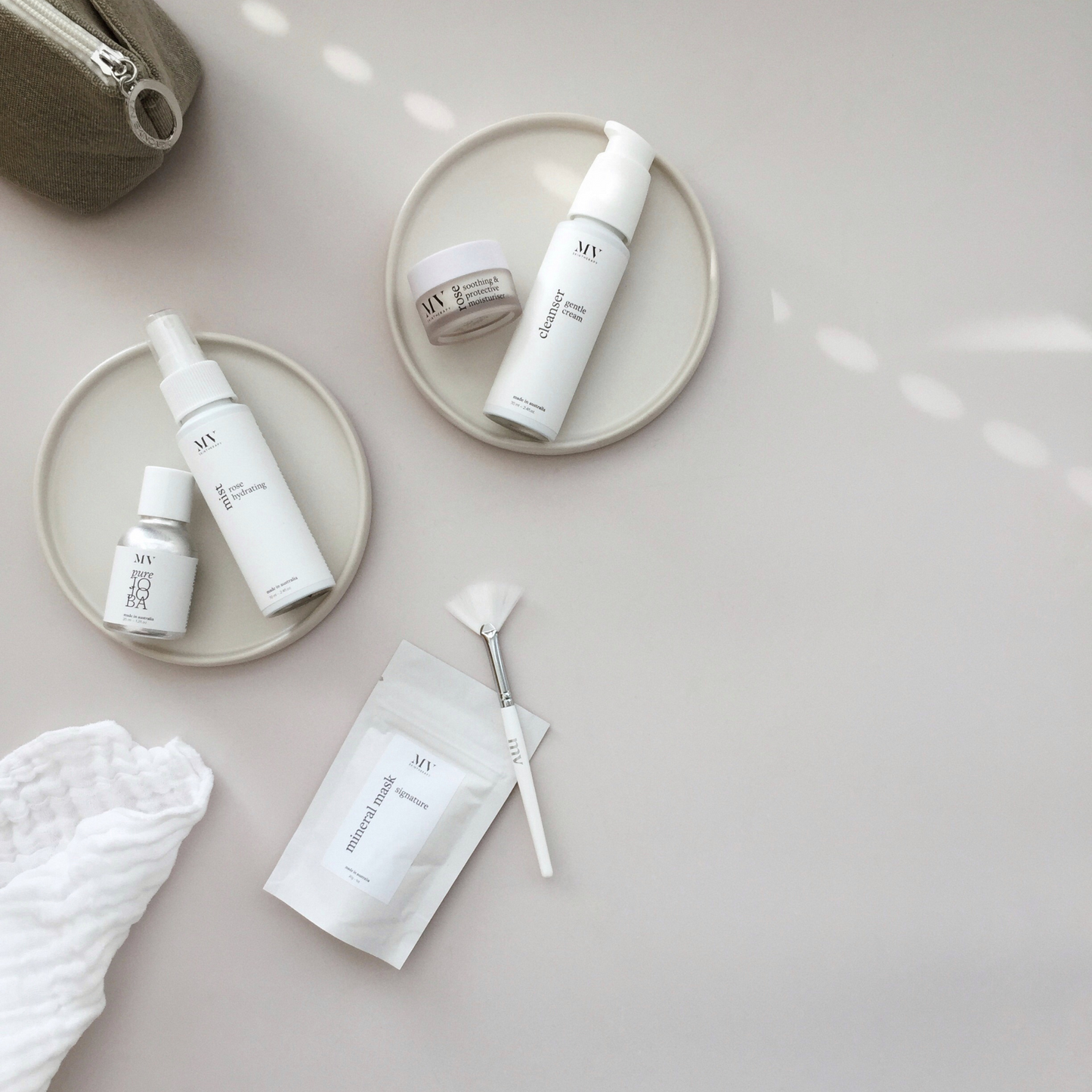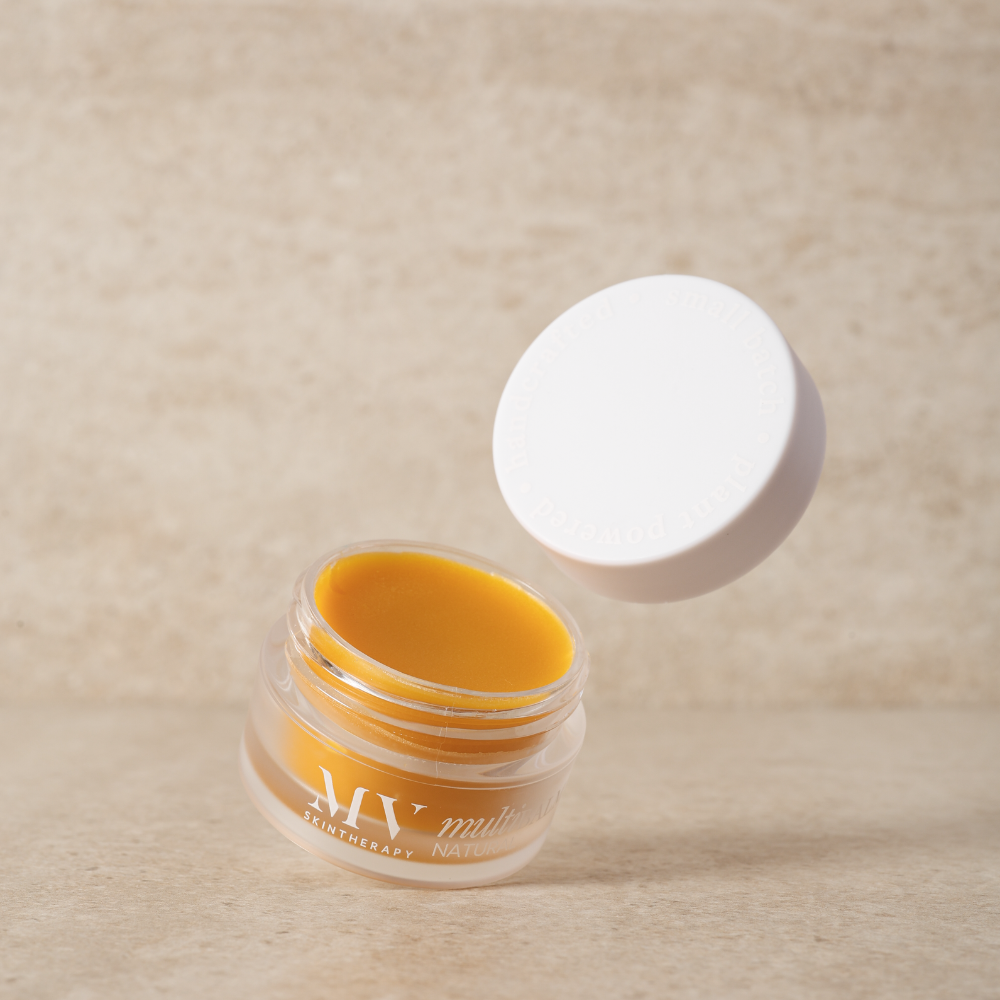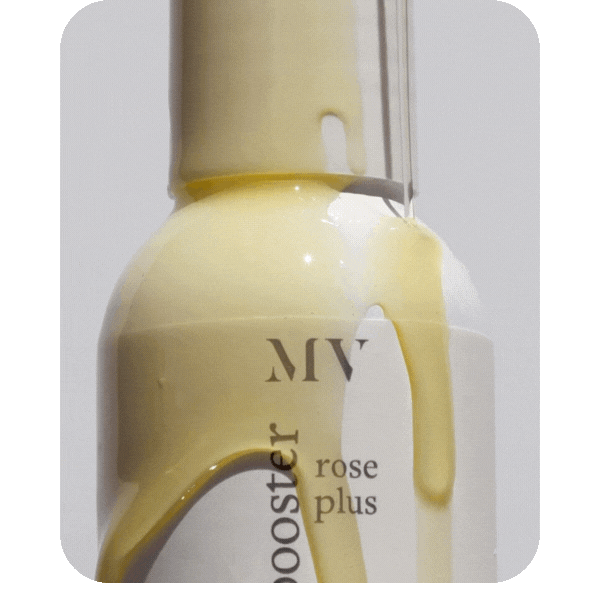Sensitive vs Sensitised Skin: Do You Know the Difference?
Many people come to us with concerns about their sensitive skin, seeking treatments when commercial skincare has failed them.
In some cases, these people do have highly sensitive, fragile skin; in many more cases however, their skin has actually become sensitised through external factors.
"This is the #1 misconception about so-called sensitive skin"
While these words are very similar, there’s a world of difference between sensitive and sensitised skin in both their causes and treatment.
Read on to discover which skin you’re in!
What Is Sensitive Skin?
While sensitive skin can often have a hereditary component, it can also be caused by health conditions or the medication you take. Sensitive skin is fragile and can have quite a fine, dry, and patchy texture. It often also features high colour and broken capillaries and is easily irritated by even the simplest things.
Many people believe they have sensitive skin, when they don’t!
More often, our client’s skin is in fact sensitised. And it’s not just our clients - studies suggest that some 70% of women believe they have sensitive skin, though only a portion of these women will bear the genetic hallmarks of true sensitive skin. These are often people with very fair skin of Northern European ancestry.
"True sensitive skin is inherited; sensitised skin is acquired."
What Is Sensitised Skin?
Sensitive and sensitised skin share the same list of symptoms including redness, irritation, and dryness but their causes are fundamentally different.
Anyone can develop sensitised skin through exposure to:
- Exfoliating scrubs
- Chemical peels
- Daily abrasive washing
- Microdermabrasion
- Pollution
- Cosmetic and skincare ingredients like alcohol, fragrance, artificial colouring
Ironically, sensitised skin often develops from trying too hard to care for it - using harsh ingredients, and skin-stripping products that aren't compatible with the skins natural processes. Over-cleansing and disrupting the skins microbiome, instead of gentle, plant-based solutions like MV Skintherapy's holistic approach to skincare.
Top Tip
Avoid splashing your face with water or fully immersing your face while in the shower and instead, discover the art of MV compress cleansing, to gently and effectively instil nurturing calm on your complexion.
Shared Symptoms of Sensitive & Sensitised Skin
- Blotchiness
- Flushing, itching, burning
- Tightness or discomfort
- Thin, translucent skin
- Flaking, peeling, cracking
- Rash-like bumps (not acne)
Common Risks & Aggravating Factors
Do any of these apply to you?
Explore these 3 categories to discover ways to understand and better manage your sensitive and sensitised skin.
Topical Irritants
・Using a new skincare product eg. cleanser, moisturiser or suncream.
・Long term use of skincare containing hydroxy acids eg; glycolic, salicylic, malic, lactic.
・Over-cleansing and exfoliation of the skin.
・Alcohol-based products.
・Having an aggressive skin procedure that damages or 'removes' the surface of the skin like; microdermabrasion, chemical/herbal/enzyme peels, laser treatments.
・Retinol based products.
・Tap water (can be very drying and irritating).
・Heavily fragranced skincare.
・Chemical-based skin care and/or cosmetics.
Lifestyle & Environment
・Exposure to a harsh climate.
・Toxins in our environment the body is unable to process and remove.
・Hot showers.
・*Food allergies or intolerances that are unknown or mismanaged (eg: gluten, high-glycemic foods, soy, nuts, shellfish).
*Please work with a professional to understand your own dietary triggers.
Health
・Post-medical procedure, from certain medication and/or anaesthetic.
・Stress & emotions.
・Certain auto-immune diseases which affect the skin eg. lupus, psoriasis and scleroderma.
・Hormonal changes such as menopause and pregnancy.
・Inflammatory skin conditions like; rosacea, psoriasis, eczema, pcos, dermatitis, acne.
What Drives Sensitive Skin?
Sensitive Skin is Barrier-Impaired Skin
Whether your skin condition classifies as sensitive or sensitised, the underlying factor is that the outer most layer of the skin (the lipid bi-layer) is impaired through damage (whether acute or chronic) and the integrity of this protective shield has now has been left compromised.
This layer is essential for human health. It houses the diverse skin microbiome, defends the skin against UV damage, environmental aggressors, bacteria and pathogens, as well as preventing trans-epidermal water loss - that is, retaining moisture IN the skin.
ALL sensitive/sensitised skin conditions have an impaired barrier. This means they are highly vulnerable to absorbing topical toxins and irritants, and will generally be more reactive and prone to inflammation.







































